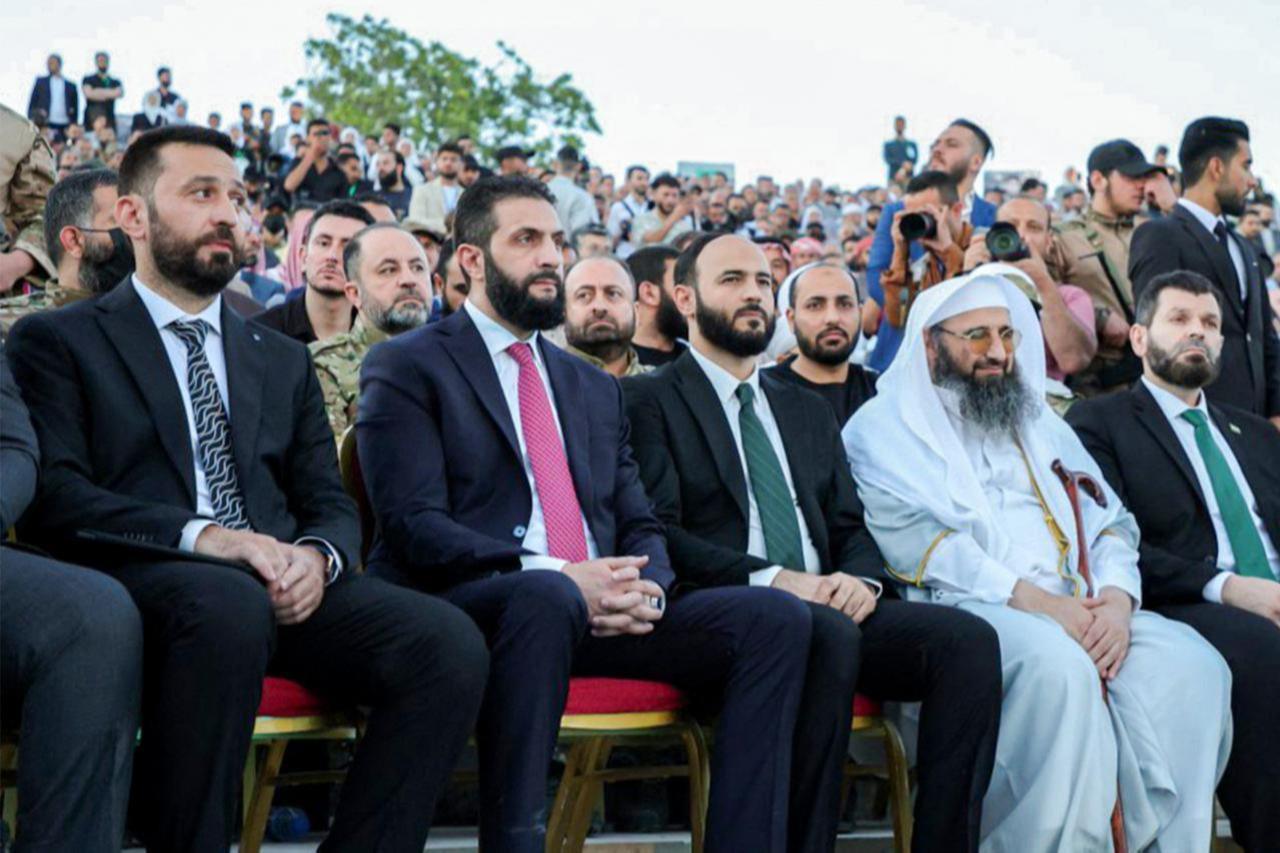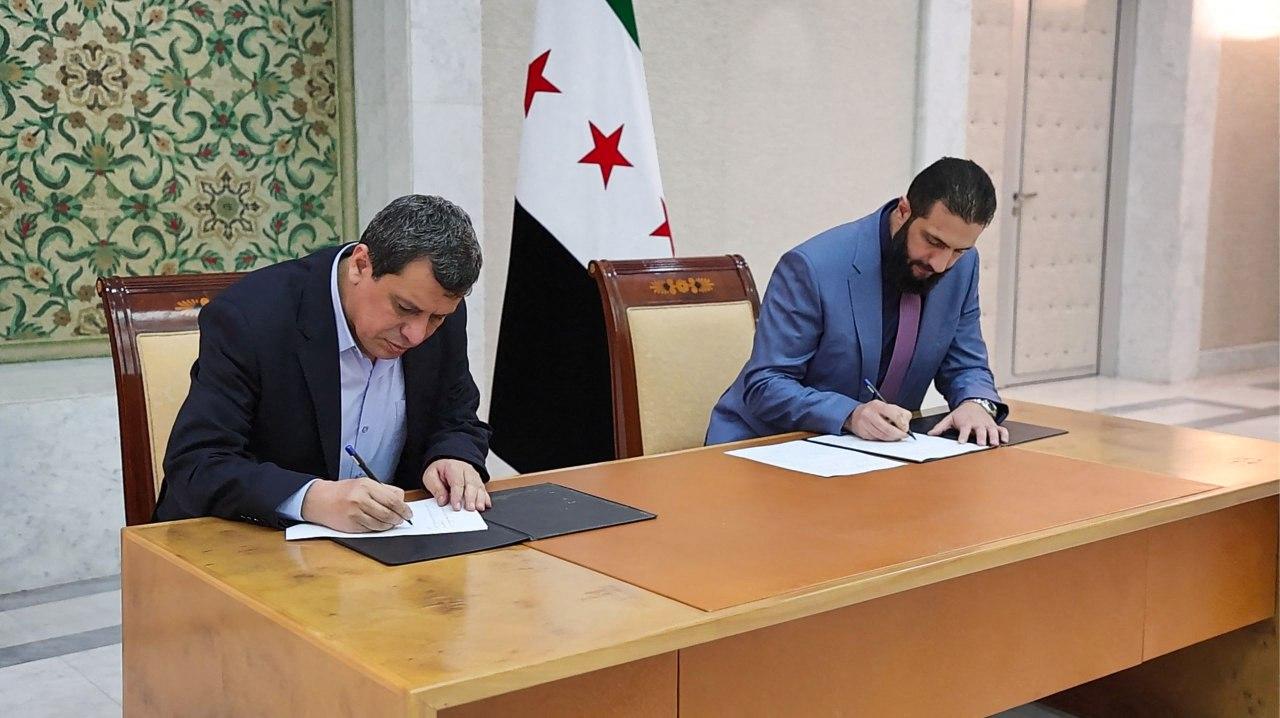
Since the fall of the Assad regime, Syria has entered a turbulent but promising transitional period. Ahmad al-Sharaa has successfully prevented the country from descending into a second civil war, but establishing stability remains a herculean task. Now, another challenge awaits him: making room for the opposition.
The terror group YPG-dominated SDF in northeastern Syria, Druze militias in the south, and Israeli actions continue to threaten the fragile situation in Syria, undermining progress toward a successful transition from a totalitarian dictatorship to a government where the Syrian people are represented and heard. A liberal democracy—while a dream for many—remains a distant hope.
For now, Syria is holding its first quasi-election experience without rigged results by the Assad regime in more than 50 years. The transitional parliament will be elected through local elections by traditional and professional leaders. However, parliamentarians for northeastern Syria and the governorate of Sweida will remain unelected, with their seats staying empty until conditions on the ground allow local elections to take place.
The current situation and absence of popular elections may be understandable given the turbulent conditions of post-war Syria. The country needs more time for millions of displaced people to return home and for proper certification and registration to be carried out.

However, if Ahmad al-Sharaa wants to overcome the challenge of division, he must strengthen his legitimacy. To withstand potential pressure from foreign actors seeking to meddle in Syria’s political system, he will need a parliament that is as independent and free as possible.
An independent parliament will not only guarantee Syria’s sovereignty but also provide an acceptable platform to discuss sensitive aspects of the country’s future. Instead of negotiating directly with Mazloum Abdi and Hikmat al-Hajari, Ahmad al-Sharaa can channel constitutional discussions through the parliament.
The main question remains: How can the parliament be fully independent when its election process is not a popular vote but a quasi-election conducted by local committees?
There are no perfect answers, but establishing a legal framework for Syrians to form and organize political parties will be key. Both civilians and parliament members should be able to engage politically under the umbrella of political parties.
The more voices that are organized and heard in the transitional parliament, the better Syria will be able to safeguard its independence and territorial integrity.